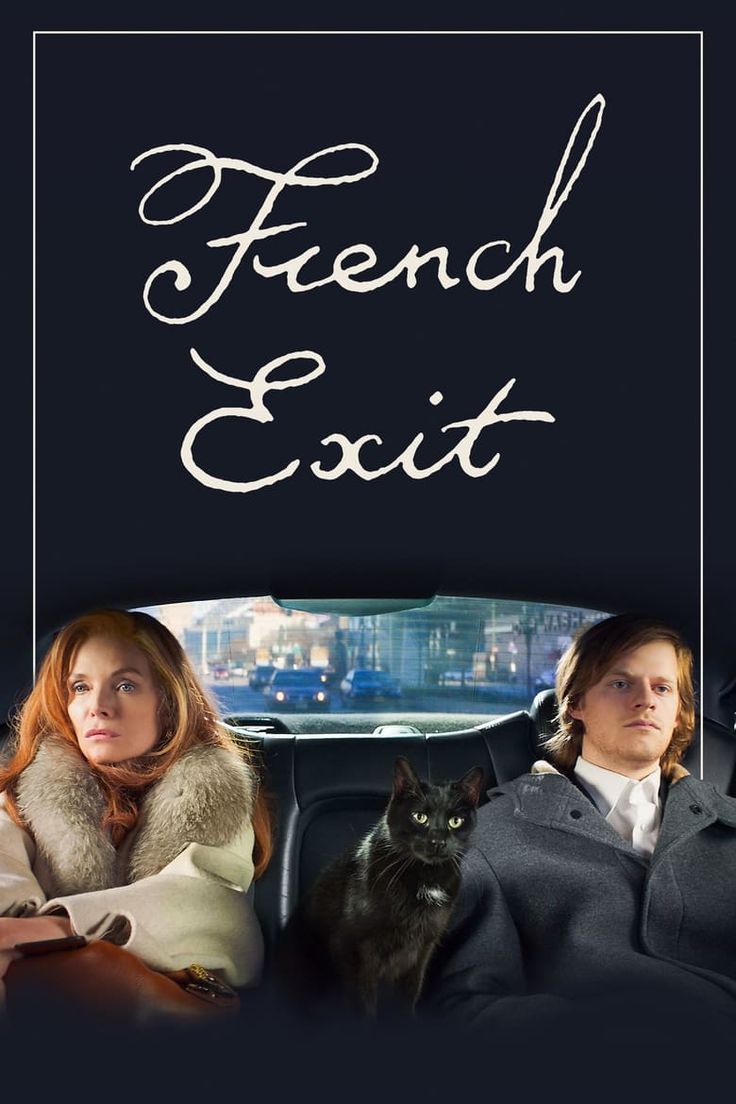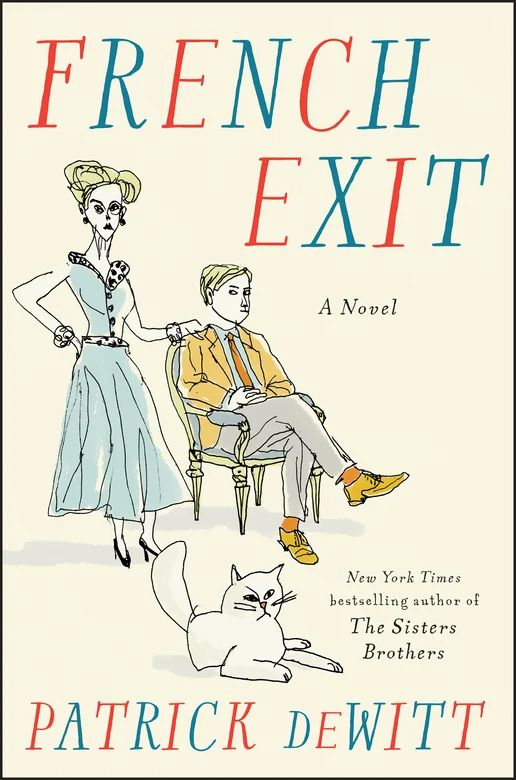Armchair Escapism 10
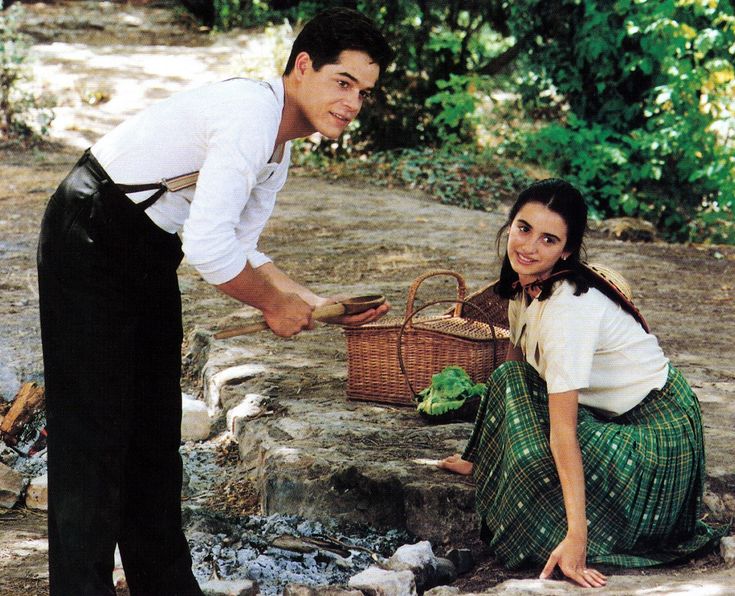
Escaping through books & films.
Armchair Escapism 10
By Antonia Fest
BOOKS
Voices of the Old Sea – Norman Lewis
The British travel writer Norman Lewis, traversed the lengths and breadths of southern Europe, immortalising his experiences through vivid writings. Voices of the Old Sea recounts Lewis’ time living in a small fishing village in the 1950s on what is now known as the Costa Brava. In this post-war period, Lewis observes how the fishing community’s simple and traditional ways of life start being threatened by modernisation, industrialisation and tourism. It poignantly captures the turning point of a new world order and is a worthy reminder of our responsibility to respect the lands and cultures that we visit.
Meditations - Marcus Aurelius
“You have power over your mind - not outside events. Realize this, and you will find strength.” “Waste no more time arguing about what a good man should be. Be one.” “The best revenge is not to be like your enemy.” These are just three quotations that confirm why everybody should read Meditations. It is astounding to think that Marcus Aurelius wrote his works 2000 years ago, but his words have never lost their force. Meditations are the private musings of this former Emperor, who held the most powerful position of the ancient world. In other words, they are his journal entries, which we are lucky to have had preserved. This is not only a monumental historical work but a series of words to live by.


Madame Bovary – Gustav Flaubert
Published in the mid-19th century, Madame Bovary brought such scandal to French society that the book was initially banned, and the author was put on trial for obscenity. Whilst Flaubert was eventually acquitted, the publicity around him and his novel secured Madame Bovary as one of the most seminal works in French Literature. It tells the story of a young, beautiful housewife who is so bored with married life, that she pursues two extra-marital affairs. But she is disappointed and finds her lovers as uninteresting as her husband. The novel explores the constraints of women amidst a patriarchal society and how these limitations can lead to irreversible tragedy.
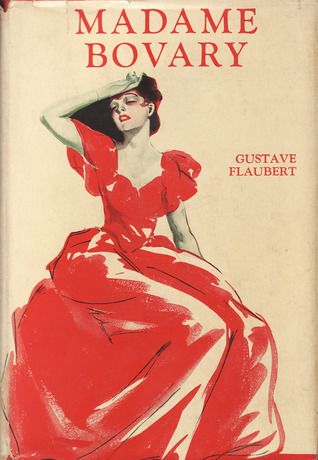
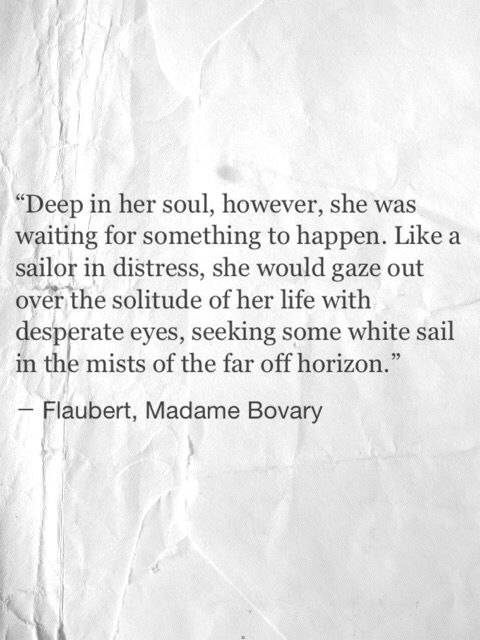
FILMS
PARTHENOPE
The storyline is messy, the ending is disappointing, the characteries lack depth but director, Paolo Sorrentino is forgiven for all these flaws because Parthenope is visually dazzling. Set in Sorrentino’s hometown of Naples, a city he both loves and hates, we watch the goddess-like Parthenope learn to live with her ‘disruptive beauty.’ Whether she is chain-smoking on her seafront terrace, dancing at the night clubs of Capri, or attending dubious parties during the gritty Neapolitan night, men of all creeds (even the Bishop of Naples) fall at her feet. Ignore the patchy plot and instead, focus on Sorrentino’s evocative vision of colourful Italy and its colourful Italians.
BELLE EPOQUE
Fernando is a handsome, idealistic, passionate soldier who deserts the army just as Spain is on the brink of Civil War. He finds refuge in the countryside at the home of an artist who protects him. Soon enough, Fernando captures the attentions of the artist’s four beautiful daughters, and the youth has no trouble falling for them all himself. As he navigates his multiple affairs, Fernando may have dodged physical warfare, but he instead finds himself on the battlefield of love, sex and passion. Featuring a young Penelope Cruz, Belle Epoque won the Oscar for the best foreign film in 1992.
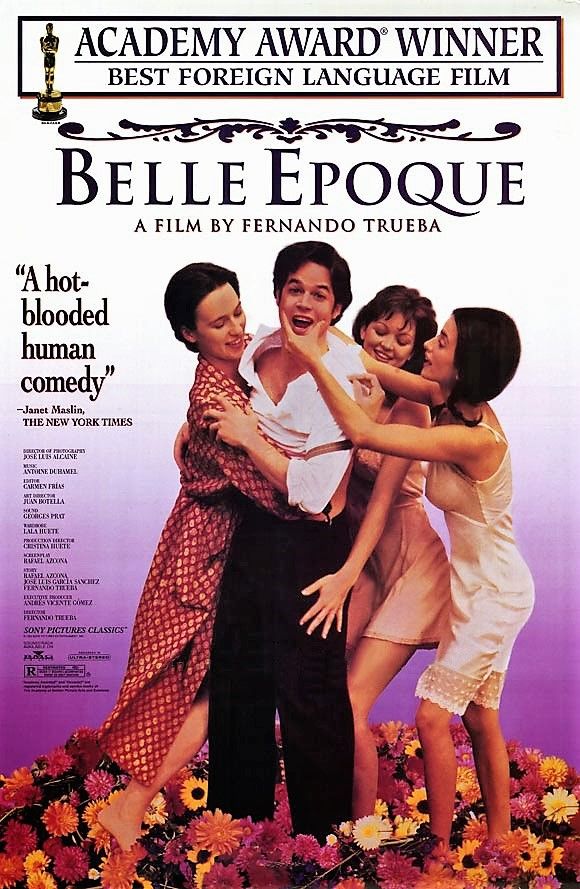
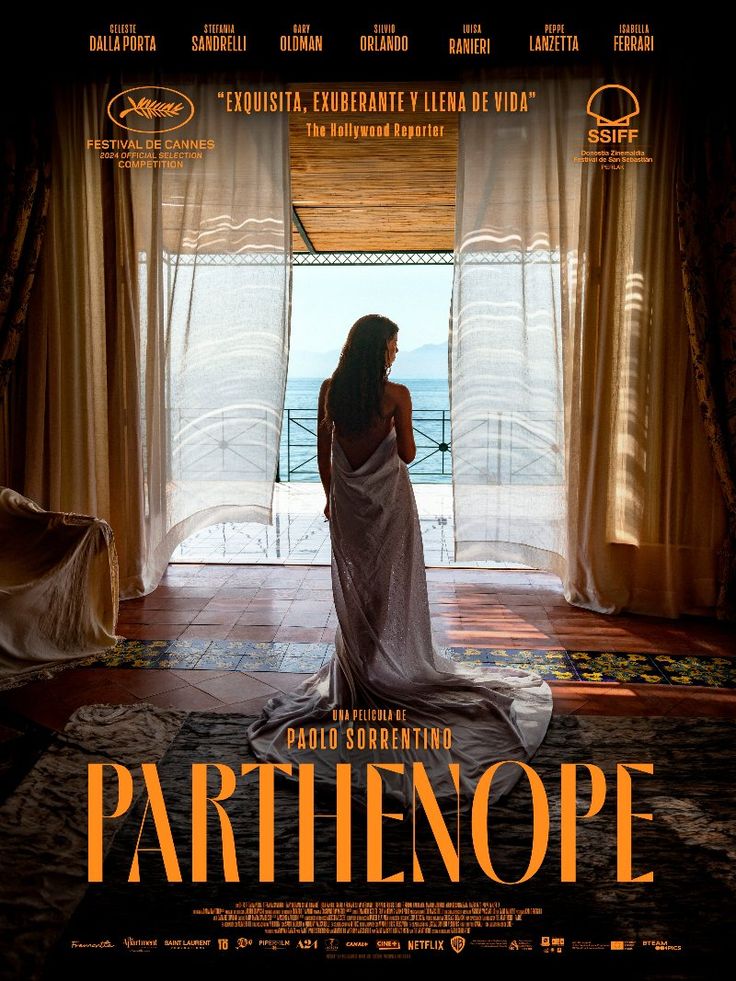
FRENCH EXIT
When former New York socialite, Frances Price finds all her money or status has run out, she and her son, Malcolm exile themselves to Paris. They bring along their few remaining possessions, their fragile dignity and their cat, whom Frances is convinced hosts the soul of her dead husband. Played by the icy and darkly comic Michelle Pfeiffer, we watch the not so merry widow take stock of her new reality, never missing a beat or a punchline. yet French Exit is ultimately a heart-warming tale of family, love and new beginnings at the most unexpected moments in life.
